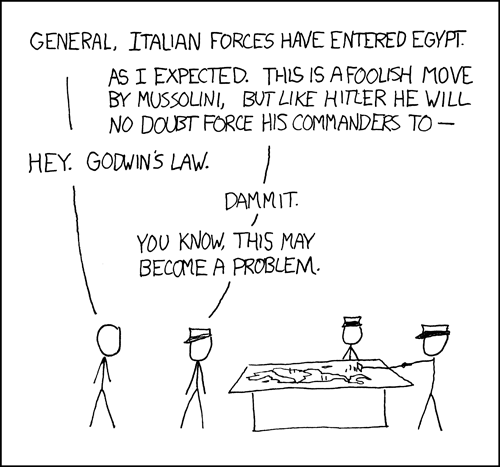Gran knows why
 My grandmother was born in 1920 and left school at the age of 12 to work in her father’s shop. She has never used a computer (but has tried an iPod for audio books). She is now 90 and is still interested in what I do.
My grandmother was born in 1920 and left school at the age of 12 to work in her father’s shop. She has never used a computer (but has tried an iPod for audio books). She is now 90 and is still interested in what I do.
Usually I just quickly skip over the technical aspects, because it’s difficult for her to understand. The “why” is much more relevant. Privacy, civil rights and the control of your own details/information. She understands this easily, without having to follow all the technical details of open source codes and cryptography.
Last Sunday, Bits of Freedom in Amsterdam organized a lecture and discussion with Prof. Eben Moglen, a former programmer who is now a law professor and advocate for the use of free software. Part of his lecture was about the risks of cloud computing (see a previous lecture in New York on the same theme).
Besides his new plans for a technical project (the Freedom Box) , Moglen spoke mainly about the principles of digital freedom. Explaining this concept in The Netherlands remains difficult.
A video that Bits of Freedom tweeted about shows this problem. It’s a short list of recent privacy breaches but does not explain why these are problematic. For many viewers there is still a pervasive feeling of "so what?”.
In The Netherlands, the problem explaining this issue is that we have no recent experience of a government that has seriously gone off the rails (unlike Spain and Eastern Europe). The use of a good recent example can be seen in an employee of the German T-Mobile explaining why the British government’s Stasi-style tapping of all mobile phone traffic might not be a good idea. Churchill must be turning in his grave.
As we have only experienced two real disasters in The Netherlands in the last 100 years (the German occupation and the 1953 flood), we as a people fall back on WW2 to explain the importance of civil rights. And then the Godwin-accusations fly. For the post-baby boom generations the war is a (his)story that we read about, but which is not quite real. And the possibility that such a thing could happen again is inconceivable, and therefore unmentionable.
My grandmother has no such problem because she lived through it. A real war – where the previous government was suddenly replaced by a new administration that energetically started using data collected in previous decades, and which found the accurate ethnic records extremely useful: an administration which could put your neighbours on a train to Westerbork concetrationcamp, and would shoot you for owning a radio.
 Eben Moglen suggested that we all ask our grandparents why privacy and other civil rights are important. People who have lived through an oppressive state are largely immune to Godwin’s rules. They can speak out from a personal, rather than an abstract, historical perspective. My grandmother is not well enough to speak out, but hopefully there are some grandparents out there who can explain to the younger, Facebooking and tweeting generation in The Netherlands the vital importance of privacy and other civil liberties.
Eben Moglen suggested that we all ask our grandparents why privacy and other civil rights are important. People who have lived through an oppressive state are largely immune to Godwin’s rules. They can speak out from a personal, rather than an abstract, historical perspective. My grandmother is not well enough to speak out, but hopefully there are some grandparents out there who can explain to the younger, Facebooking and tweeting generation in The Netherlands the vital importance of privacy and other civil liberties.
When I’m done explaining things Gran always grabs my hand and whispers "just you be careful!". Because you never know what could happen when you are critisizing governments. She knows this, so take a bit of time to listen to your gran.
Dedicated to my grandmother, Tet de Boer – Olij,
Kollum 1920 – Leidschendam 2010

 Nederlands
Nederlands
 English
English